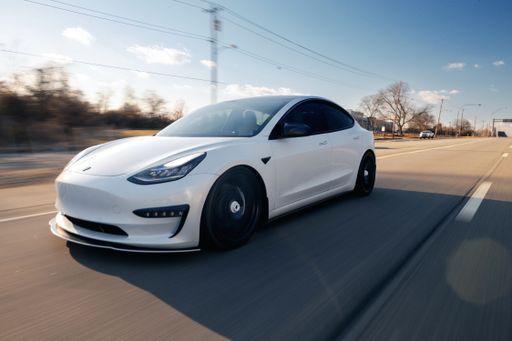New Regulations Pose Challenge for Electric Vehicle Makers
Electric vehicle makers are facing a new challenge in 2024 as several EV models no longer qualify for the $7,500 tax credit due to new battery-sourcing rules.

New Regulations Impact Electric Vehicles
In 2024, electric vehicle manufacturers are dealing with a new hurdle. Several popular EV models, including Tesla's Cybertruck, General Motors' new EVs like the Chevrolet Blazer and Cadillac Lyriq, and Ford's Mustang Mach-E, no longer qualify for the $7,500 tax credit. This change is due to the implementation of new battery-sourcing rules that took effect on January 1.
The new regulation states that EVs with internationally sourced components are ineligible for U.S. tax credits. The government's aim with this move is to boost domestic manufacturing and reduce dependence on China for EV battery components. As a result of this regulation, the number of electric vehicles that qualify for U.S. tax credits has significantly decreased, dropping from 43 to 19.
Falling Battery Costs and Increased Competition Could Lower EV Prices
Fortunately, falling battery production costs are expected to lead to lower prices for electric vehicles. One contributing factor to cheaper batteries is the decline in lithium prices, which is a crucial component in many EV batteries. Additionally, increased competition within the EV market is likely to result in price reductions in 2024.
Moreover, potential interest rate cuts by the Federal Reserve this year are expected to make EVs more affordable for buyers. These combined factors, including the decline in battery costs and potential price reductions, are likely to boost the demand for electric vehicles in 2024.

